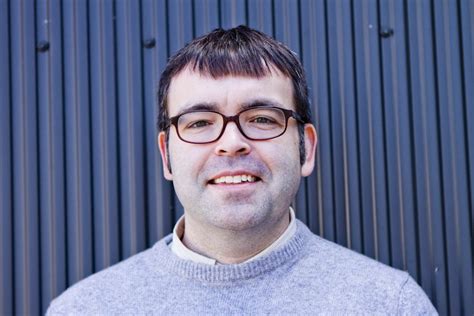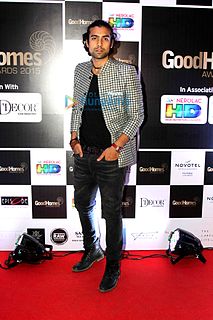A Quote by Michael Hastings
By the second sentence of a pitch, the entirety of the story should be explained.
Related Quotes
As I see it, a successful story of any kind should be almost like hypnosis: You fascinate the reader with your first sentence, draw them in further with your second sentence and have them in a mild trance by the third. Then, being careful not to wake them, you carry them away up the back alley of your narrative and when they are hopelessly lost within the story, having surrendered themselves to it, you do them terrible violence with a softball bag and then lead them whimpering to the exit on the last page. Believe me, they'll thank you for it.
A dependent clause (a sentence fragment set off by commas, dontcha know) helps you explore your story by moving you deeper into the sentence. It allows you to stop and think harder about what you've already written. Often the story you're looking for is inside the sentence. The dependent clause helps you uncover it.
Once when the Yankee's Lou Pinella was batting he questioned a Palermo strike call. Pinella demanded, "Where was that pitch at?" Palermo told him that a man wearing Yankee pinstripes in front of 30,000 people should not end a sentence with a preposition. So Pinella, no dummy, said, "OK, where was that pitch at, asshole?"
If the pitch starts with a sob story, I'm out. If the pitch talks about personal issues, I'm out. If the pitch starts off with how big the market opportunity is, I'm out. If the pitch tells me what is unique about the product, how it can make a profit, and it's an area where I have expertise, I will read on.
The first sentence of the truth is always the hardest. Each of us had a first sentence, and most of us found the strength to say it out loud to someone who deserved to hear it. What we hoped, and what we found, was that the second sentence of the truth is always easier than the first, and the third sentence is even easier than that. Suddenly you are speaking the truth in paragraphs, in pages. The fear, the nervousness, is still there, but it is joined by a new confidence. All along, you've used the first sentence as a lock. But now you find that it's the key.
I shouldn't have said it, but the word slipped out of my mouth as easy as air. it wasn't exactly the kind of work any well-behaved student would use, which sort of explained why I had just used it. And it certainly isn't the most elegant way to start off a story, but it honestly represents what I was feeling. Besides, I could have said something a lot stronger. But not everybody wants to read a story with those kinds of words and thoughts being expressed in the very first sentence. "Stop swearing," Jason screamed.
Writing is linear and sequential; Sentence B must follow Sentence A, and Sentence C must follow Sentence B, and eventually you get to Sentence Z. The hard part of writing isn't the writing; it's the thinking. You can solve most of your writing problems if you stop after every sentence and ask: What does the reader need to know next?

































